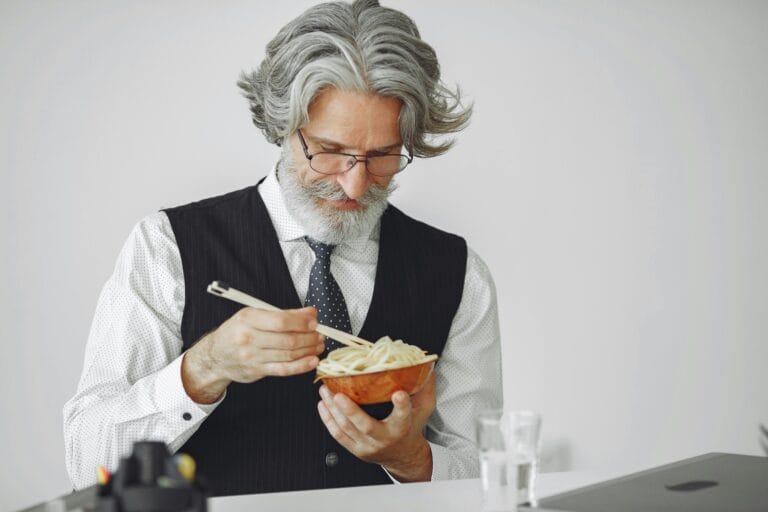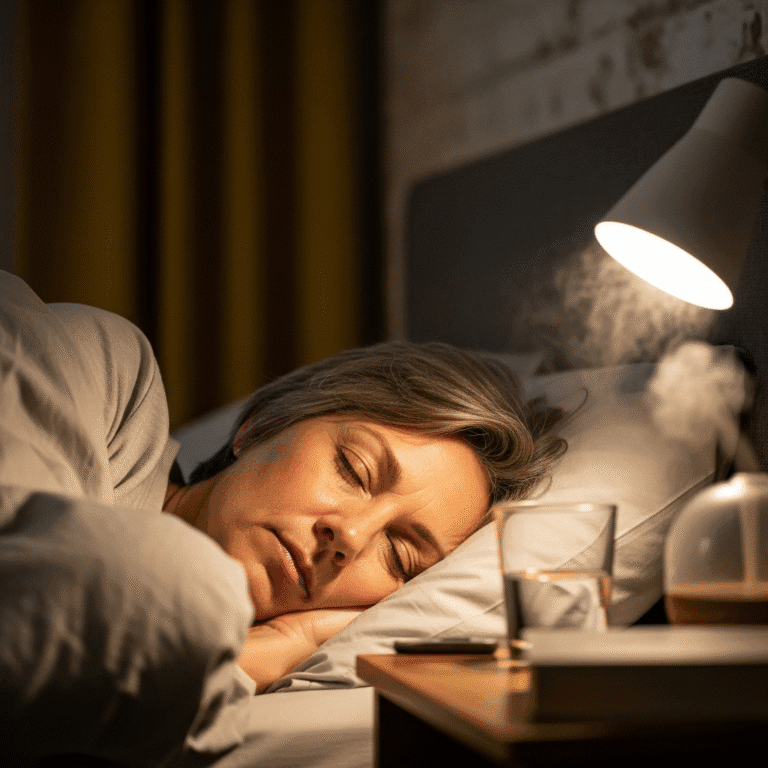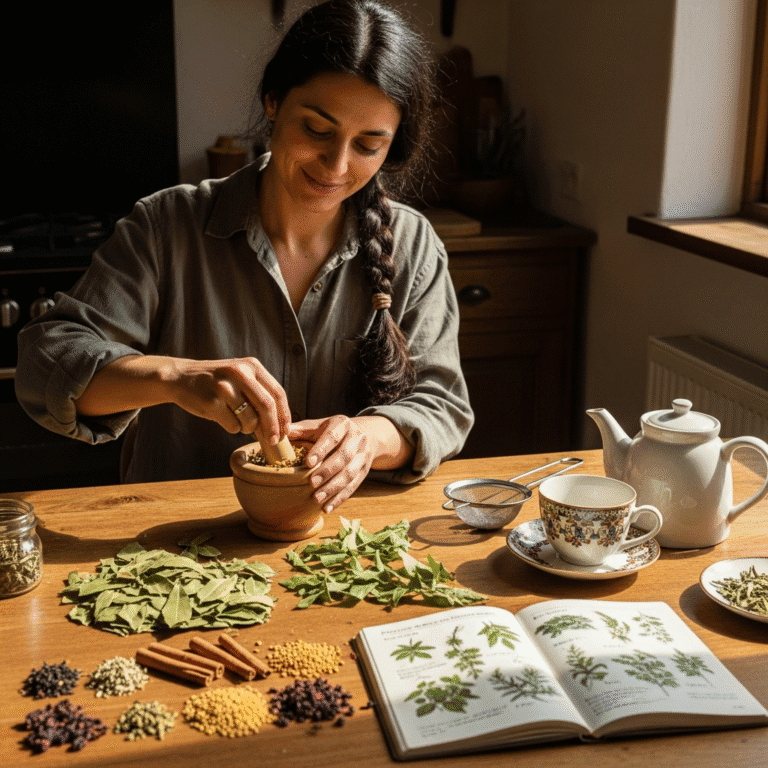FREE SHIPPING OVER $50
Your Yellow Teeth Might Be Your Fault—Here’s What Dentists Want You to Know
When it comes to our smiles, most of us aim for bright, white teeth that radiate health and confidence. Yet, many people struggle with yellow teeth, wondering what they’re doing wrong. The truth? Some everyday habits might be sabotaging your pearly whites without you even realizing it. Dentists are here to set the record straight.
Let’s dive into why your teeth might be turning yellow and, more importantly, how you can prevent it from happening.
Why Do Teeth Turn Yellow?

Before we pin the blame entirely on you, let’s understand the science behind tooth discoloration. Teeth can turn yellow for two main reasons: extrinsic staining (stains on the surface) and intrinsic discoloration (stains from within).
Extrinsic Stains:
These are caused by external factors such as foods, drinks, or smoking. For example:
- Coffee and tea are notorious for staining enamel.
- Red wine and dark sodas leave their mark.
- Tobacco use is a major contributor to yellow teeth.
Intrinsic Discoloration:
This type of yellowing is more stubborn and happens when the inner layer of your tooth, the dentin, becomes darker. Aging, certain medications, and even genetics can play a role here.
But don’t worry—most causes are preventable or manageable with a little effort.
The Common Mistakes That Lead to Yellow Teeth
- Skipping Proper Oral Hygiene
Yes, brushing your teeth is obvious, but are you doing it correctly? Many people rush through brushing or skip flossing entirely. Poor oral hygiene allows plaque buildup, which leads to yellowing.
- Dentist Tip: Brush twice a day for two minutes and floss daily to remove hidden debris.
- Using the Wrong Toothpaste
Not all toothpaste is created equal. Whitening toothpaste might sound appealing, but some are too abrasive and can wear down your enamel, revealing the yellowish dentin underneath.
- Dentist Tip: Look for fluoride toothpaste that strengthens enamel while gently removing stains.
- Overconsumption of Staining Foods and Drinks
Love your morning coffee or that refreshing glass of iced tea? Frequent exposure to dark-colored beverages and foods can stain your teeth over time.
- Dentist Tip: Use a straw when drinking stain-causing beverages, and rinse your mouth with water afterward.
- Neglecting Regular Dental Checkups
Yellowing teeth could be a sign of plaque or tartar buildup that only a professional cleaning can address. Skipping your dental visits allows this buildup to worsen.
- Dentist Tip: Visit your dentist at least twice a year for a cleaning and checkup.
- Smoking or Chewing Tobacco
This is a surefire way to turn your teeth yellow—and quickly. Tobacco not only stains teeth but also increases your risk of gum disease and bad breath.
- Dentist Tip: Quit smoking or using tobacco for a brighter smile and better overall health.
- Not Drinking Enough Water
Dehydration or relying too much on sugary drinks can lead to reduced saliva production. Saliva helps wash away food particles and bacteria that cause discoloration.
- Dentist Tip: Drink plenty of water throughout the day and swish your mouth after eating.
How to Prevent and Reverse Yellow Teeth
Now that you know what might be causing your yellow teeth, let’s talk solutions.
1. Upgrade Your Oral Care Routine
- Brush with an electric toothbrush for a deeper clean.
- Floss daily to remove plaque between teeth.
- Use a mouthwash designed to fight stains.
2. Incorporate Whitening Products
At-home whitening kits can help remove surface stains, but be cautious not to overuse them. Too much whitening can harm enamel.
3. Consider Professional Whitening
For faster results, ask your dentist about professional teeth whitening treatments. These are safe and more effective than over-the-counter options.
4. Eat Enamel-Friendly Foods
Certain foods naturally clean teeth and promote enamel health:
- Crunchy fruits and veggies like apples and carrots.
- Dairy products that strengthen enamel with calcium.
- Strawberries, which contain malic acid, a natural tooth whitener.
5. Quit Bad Habits
Cut back on smoking and excessive coffee or tea consumption. Your teeth (and overall health) will thank you.
FAQs
Absolutely! With proper care, whitening treatments, and dietary adjustments, you can brighten your smile.
Not always. Some yellowing is natural as we age, but it can also signal poor hygiene or excessive plaque buildup.
Over-the-counter products may take weeks, while professional treatments can show results in a single session.
The Bottom Line
Yellow teeth might seem like an unavoidable problem, but the truth is, your daily habits play a big role in the color of your smile. With the right oral care routine, mindful dietary choices, and professional guidance, you can say goodbye to yellow teeth and hello to a brighter, more confident smile.
Related Articles
- The 10 Best Hydroxyapatite Toothpaste Brands for Stronger Teeth!
- Teeth Bonding vs Veneers: What’s the Difference?
- Top 10 Best Dental Insurance in Florida
- United Dental Insurance Review
- Spirit Dental Insurance: A Comprehensive Review
- Anthem Dental Insurance Review
- Aetna Dental Insurance Review
- Humana Dental Insurance Review
- Types of Dental Crowns and Cost







